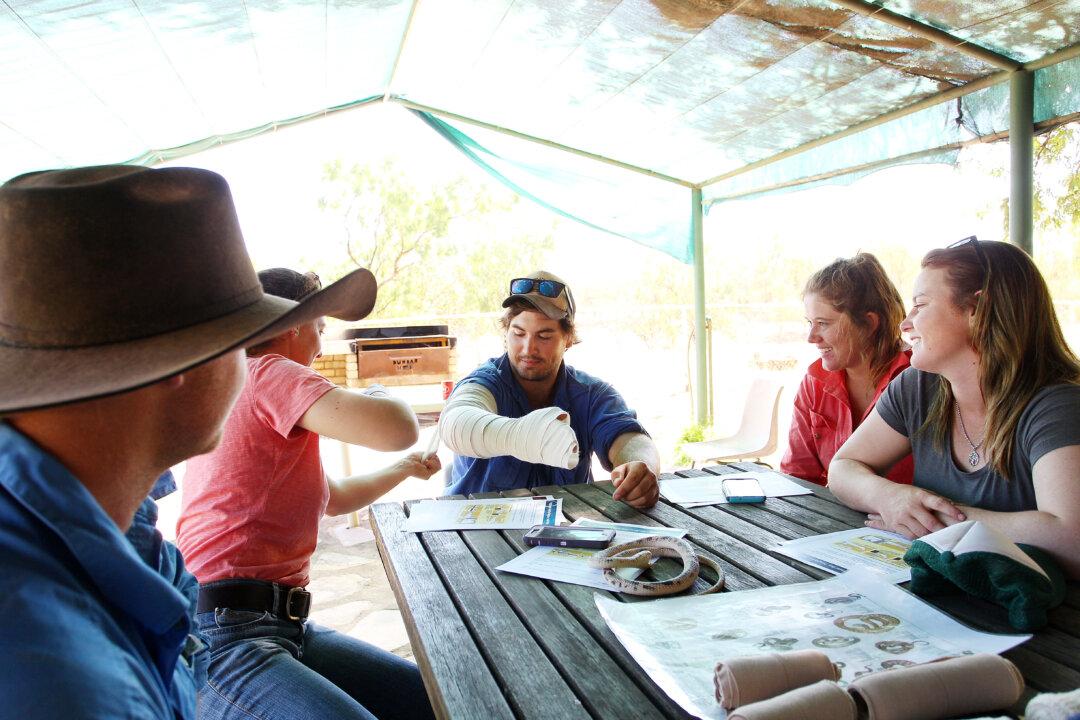Regional Australia is at risk of losing skilled workers and the housing crisis is expected to worsen as the federal government seeks to implement a major shakeup to the visa system.
The centre-right Liberal Party criticised the Albanese government’s proposed visa changes, which according to media reports, will allow holders of temporary work visas to abandon their jobs in the regional areas and move to the major cities.




